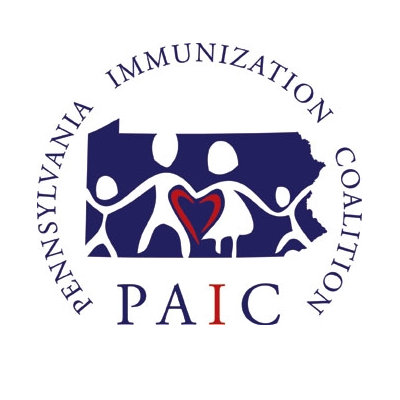Paid family leave improves timely vaccination for low-income families
Infants were less likely to be late on vaccinations when their parents received 6 weeks of paid family leave, especially those born to families living below the poverty line, according to a report published in IZA Institute of Labor Economics Discussion Papers.
California became the first state to enact a paid family leave policy in 2004. But Solomon W. Polachek, PhD, a distinguished professor at the State University of New York at Binghamton, told Infectious Diseases in Children that most states do not currently offer paid family leave programs.
“Paid as opposed to unpaid family leave increases the number of parents that take advantage of the leave program,” Polachek said. “Being on leave from work frees up a parent’s time so they are less constrained, thus increasing the chance they will get their newborn inoculated on time.”
Polachek and Agnitra Roy Choudhury, PhD, then a PhD student at SUNY Binghamton, compared the number of children born in California after enactment of the policy who were immunized against diphtheria, tetanus and pertussis (DTP); hepatitis B; and Haemophilus influenzae B with children born in states without paid parental leave. They used data from the National Immunization Survey to gather vaccination data. They then created a module to examine how state-mandated paid family leave impacts timing of vaccination for infants.

Most children received at least one vaccine late at age 2 months, with 90% of infants in California and 89% of infants in other states missing at least one vaccination. Before age 4 months, 83% of infants in California and 82% of infants in other states were late on at least one vaccine.
The researchers wrote that the likelihood of late vaccination against HBV decreased by 5 percentage points after California passed a paid family leave policy and 1.4 percentage points for DTP and Hib.
Paid family leave most significantly affected families below the poverty line, with the likelihood of late vaccination decreasing by 5 to 7 percentage points compared with other families in California.
“Paid family leave reduced the incidence of late vaccinations,” Polachek said. “Further, this reduction was greater for families below the poverty line. Similar results with respect to inoculating children on time are likely in states that do not currently have paid family leave should they implement such a program.” – by Katherine Bortz
Reference:
Choudhury AR, Polachek S. The impact of paid family leave on the timing of infant vaccinations. https://www.iza.org/en/publications/dp/12483/the-impact-of-paid-family-leave-on-the-timing-of-infant-vaccinations. Accessed September 11, 2019.
Read full article here.
